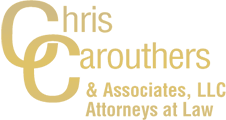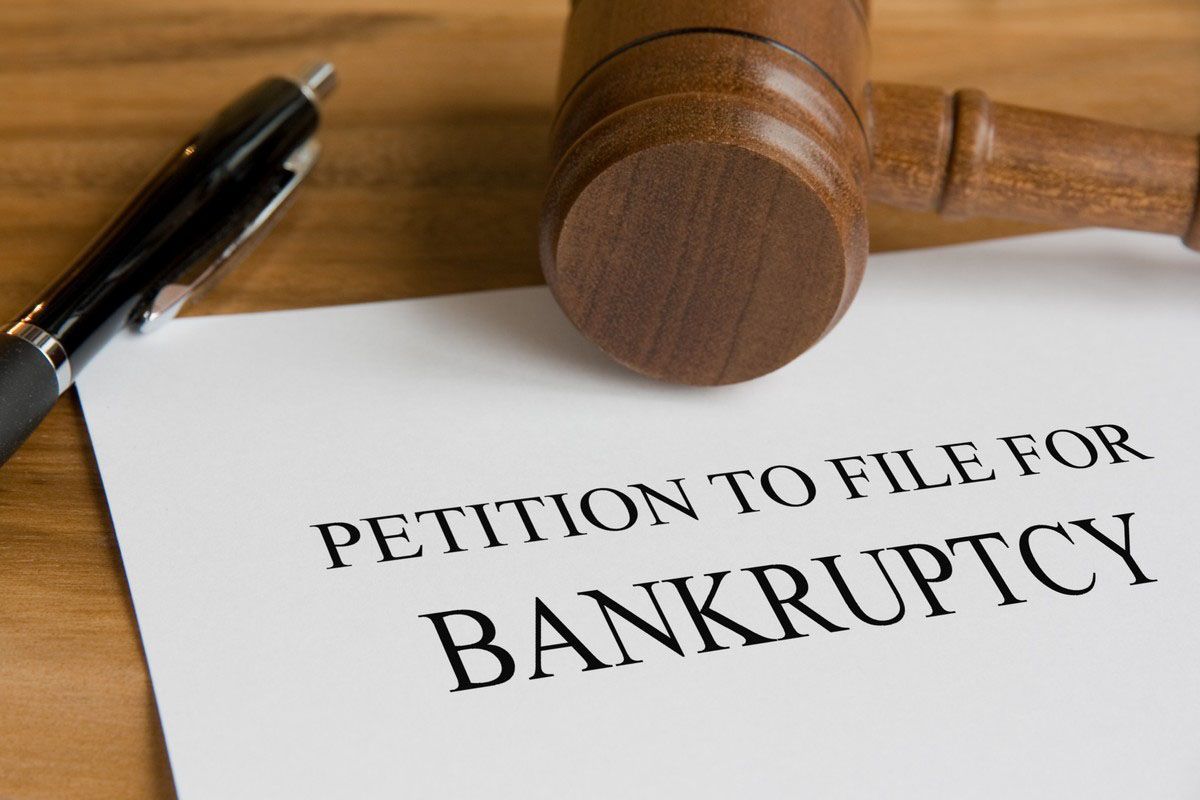Regain Financial Control: A Guide to Bankruptcy Law and Debt Solutions
Financial difficulties can strike anyone at any time. Whether due to unexpected medical bills, job loss, or mounting credit card debt, struggling to meet financial obligations can be overwhelming. Fortunately, the bankruptcy system exists to provide individuals and businesses with a legal pathway to manage or eliminate unmanageable debts.
While bankruptcy might seem like a daunting option, understanding the different bankruptcy options available can help you make informed decisions about your financial future. Knowing your options early can prevent further financial strain and help you regain control more quickly.
Explore the most common forms of bankruptcy, including Chapter 7 and Chapter 13 bankruptcies, as well as debt relief options and garnishment protections. By the end, you’ll have a clearer understanding of how bankruptcy law works and which solution may best fit your unique situation.
Chapter 7 Bankruptcy
Chapter 7 bankruptcy is often referred to as “liquidation bankruptcy” because it involves the sale of certain assets to repay creditors. Under Chapter 7, most unsecured debts, such as credit card balances and medical bills, can be discharged, providing individuals with a fresh financial start. In our experience, one of the primary benefits of Chapter 7 is that it is typically a faster process than other types of bankruptcy law, often concluding within three to six months.
Not all assets are at risk during Chapter 7. Many states allow individuals to keep essential property, including clothing, household goods, and retirement accounts. This ensures that filing for Chapter 7 doesn’t leave you completely stripped of your belongings, allowing you to maintain a basic standard of living while eliminating debt. Items such as tools necessary for your job or a primary vehicle may also be exempt, depending on state law.
Qualifying for Chapter 7 also requires passing a means test, which evaluates your income relative to the median income in your state. If your income is too high, you may be ineligible for Chapter 7 and need to consider other options, such as Chapter 13. Understanding these eligibility rules is essential before filing, as the process involves both legal and financial considerations. Consulting a qualified attorney can help ensure you meet the requirements and complete the process correctly.
Chapter 13 Bankruptcy
Chapter 13 bankruptcy provides a structured repayment plan rather than liquidating assets. We've seen individuals pay back part or all of their debts over a three- to five-year period. This approach is particularly beneficial for those who have a steady income but need time to catch up on overdue bills, such as mortgage arrears or car loans.
A key advantage of Chapter 13 is the ability to protect valuable assets from foreclosure or repossession while catching up on payments. This makes it an ideal option for homeowners or individuals with significant property who want to retain their assets. It also offers a path to gradually regain financial stability while repaying creditors in a manageable way.
According to Bankrate, a Chapter 7 bankruptcy typically stays on your credit report for up to 10 years, while a Chapter 13 bankruptcy will appear on your report for up to seven years. This shorter reporting period can make it easier to rebuild credit after completing a Chapter 13 repayment plan. Choosing the right type of bankruptcy law requires careful consideration of your assets, debts, and long-term financial goals. Many individuals find that Chapter 13 allows them to preserve important property while still achieving debt relief, making it a practical choice for those who can maintain regular payments.
Debt Relief Options
Bankruptcy is not the only solution for financial challenges. Debt relief options, such as debt settlement and debt consolidation, provide alternative strategies that may be less drastic than filing for bankruptcy. These options can help manage or reduce debt while avoiding the long-term impact of a bankruptcy filing.
Debt settlement involves negotiating with creditors to reduce the total amount owed, often allowing individuals to pay a lump sum that is less than the original debt. While this approach can ease financial strain, it may negatively affect credit scores and could create tax obligations for forgiven debt. It also requires careful negotiation and a good understanding of your financial limits, since creditors may reject settlements or demand partial payments over time.
Debt consolidation combines multiple debts into a single loan, often with lower interest rates or extended repayment terms. This strategy simplifies payments and can make debt management more manageable. For example, someone juggling multiple credit card balances might consolidate them into one fixed monthly payment, reducing stress and lowering interest costs. Both debt settlement and consolidation fall under the broader category of alternatives to bankruptcy law, offering flexible solutions for individuals seeking relief without fully filing. Exploring these options early can sometimes prevent the need for formal bankruptcy altogether.
Garnishments and Protections
Garnishment occurs when a creditor legally seizes a portion of a debtor’s wages, bank account, or other assets to recover unpaid debts. For many individuals, garnishment can create severe financial strain, especially when it affects income needed for daily living expenses. Bankruptcy provides important protections against such collection actions, giving debtors a temporary reprieve and a chance to reorganize finances.
When a bankruptcy petition is filed, an automatic stay goes into effect. This temporary legal measure halts most collection activities, including wage garnishments, foreclosures, and creditor lawsuits. The stay provides individuals with breathing room to reorganize finances without the constant pressure of creditors. It also gives the courts time to review your financial situation and establish a repayment plan, if necessary.
Chapter 13 bankruptcy, in particular, can prevent wage garnishments for the duration of the repayment plan. This allows debtors to maintain a stable income while addressing their debts. Additionally, bankruptcy law protects certain types of income, such as Social Security benefits, unemployment compensation, and retirement funds, from garnishment. These protections ensure that individuals can continue to meet basic living expenses while resolving their financial obligations.
Choosing the Right Bankruptcy Path
Deciding which type of bankruptcy to pursue depends on factors such as income level, types of debts owed, and long-term financial goals. Chapter 7 may suit those with limited income and few assets, while Chapter 13 is better for individuals who wish to retain property and can commit to a repayment plan.
Consulting a qualified bankruptcy attorney or financial advisor can provide clarity and guidance tailored to your circumstances. Professionals can help assess eligibility, navigate filing procedures, and explore alternative debt relief options if bankruptcy is not ideal. They can also provide advice on budgeting, rebuilding credit, and avoiding future financial pitfalls.
Making informed bankruptcy choices can minimize long-term credit impacts and help restore financial stability. With the right plan and professional guidance, individuals can overcome debt challenges, protect their assets, and lay the groundwork for a healthier financial future.
Bankruptcy law offers multiple avenues for individuals to regain control of their finances, whether through liquidation, structured repayment, or alternative debt relief options. Understanding the differences between Chapter 7 and Chapter 13, as well as the protections against garnishment, is essential for making informed financial decisions.
While bankruptcy may feel like a last resort, it can also provide a fresh start and a clear path to long-term financial stability. By exploring available options and seeking professional guidance, individuals can select the solution that best fits their needs and begin the journey toward financial recovery.
Facing overwhelming debt? Contact Chris Carouthers & Associates today to explore your options and receive bankruptcy law guidance to protect your financial future.







Share On: